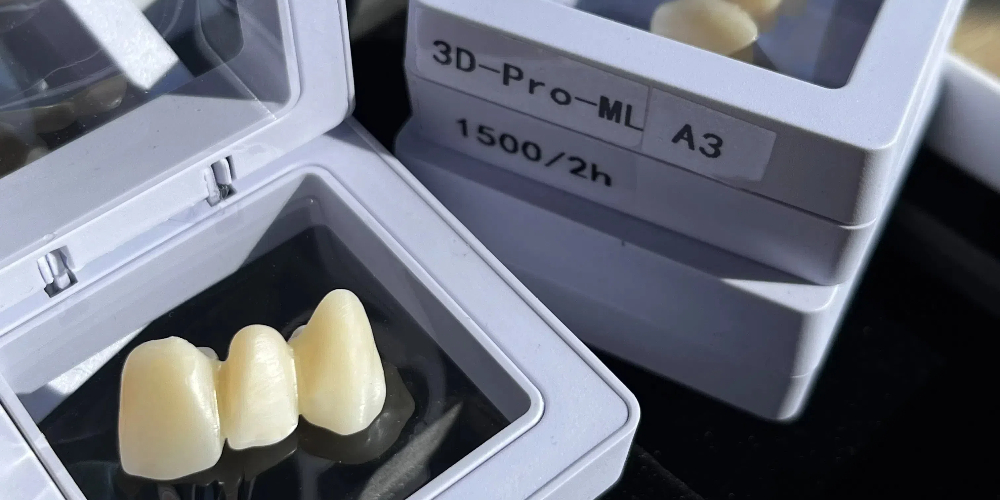In the world of modern dentistry, innovation is key to achieving optimal patient outcomes. One such innovation is the use of tarcze frezujące z tlenku cyrkonu, which have revolutionized the way dental restorations are crafted. These discs offer unparalleled precision and durability, making them a favorite among dental professionals. In this blog, we’ll take you through the fascinating journey of zirconia milling discs from the dental lab to the patient’s smile.
What Are Zirconia Milling Discs
Zirconia milling discs are specialized tools used in dental laboratories to shape and contour zirconia discs into custom restorations. Zirconia, known for its strength and biocompatibility, is an ideal material for dental work. These discs come in various forms such as preshaded zirconia and dental zirconia blocks, providing flexibility and options for different clinical needs.

The Process Begins: Designing with Precision
The journey starts with a detailed design created by a dental technician or using advanced computer-aided design (CAD) software. To meet the patient’s biting and aesthetic needs, this step helps ensure the final restoration fits perfectly. The design is then transferred to the zirconia milling disc, which is mounted on a milling machine.
Zirconia Milling Discs Machinery: Bringing Designs to Life
The milling machine uses high-speed cutting tools to carve out the desired shape from the zirconia disc. This process requires extreme precision, as even the slightest error can compromise the fit and function of the restoration. Zirconia pucks are often used as they provide a stable base for the milling process, ensuring accuracy and consistency.
Shaping and Contouring
Once the basic shape is milled, the technician refines the restoration. This involves smoothing edges, adjusting the occlusal surfaces, and ensuring a natural look. Zirconia disks are preferred for their ability to mimic natural teeth, offering both strength and a lifelike appearance.
Sintering: Enhancing Strength and Durability
After milling, the restoration undergoes a sintering process. Sintering involves heating the zirconia at high temperatures to fuse the particles together, significantly increasing its strength and durability. This step is crucial for ensuring that the restoration can withstand the forces of biting and chewing over time.

Final Touches: Polishing and Staining
Post-sintering, the restoration is polished to achieve a smooth surface. For added realism, it may be stained to match the patient’s natural teeth. Preshaded zirconia options are also available, reducing the need for extensive staining and ensuring a more uniform color.
Quality Control: Ensuring Perfection
Before being sent to the dental office, each restoration undergoes rigorous quality control checks. This includes verifying the fit, ensuring there are no imperfections, and confirming that the color matches the patient’s expectations. Only after passing these checks does the restoration move to the next stage.
Zirconia Milling Discs’ Delivery to the Dental Office
Once approved, the finished restoration is delivered to the dental office. Here, it is tried in the patient’s mouth to ensure a perfect fit and comfort. Any minor adjustments are made on-site to guarantee optimal functionality and appearance.
The Final Step: Adorning the Smile
Finally, the custom zirconia restoration is cemented into place, completing the patient’s smile transformation. The use of zirconia milling discs ensures that the restoration is not only functional but also aesthetically pleasing, blending seamlessly with the patient’s natural teeth.

Wniosek
The journey of zirconia milling discs from the dental lab to the patient’s smile is a testament to the advancements in dental technology. These discs enable the creation of highly precise, durable, and natural-looking restorations, improving both the function and appearance of patients’ smiles. By understanding this process, one can appreciate the meticulous craftsmanship and innovation that goes into every dental restoration.
Cyrkonia w stomatologii


